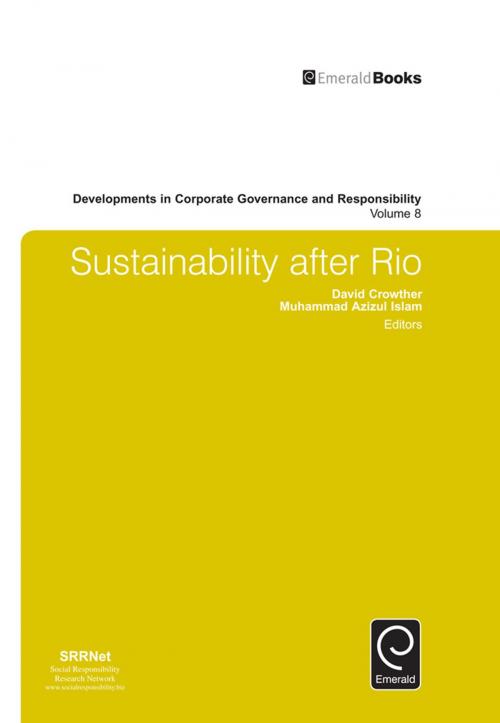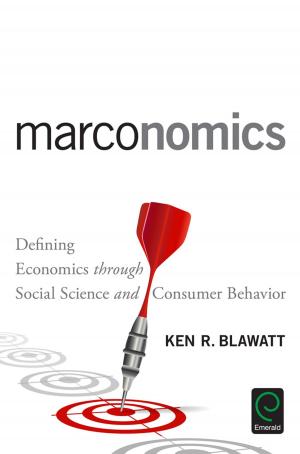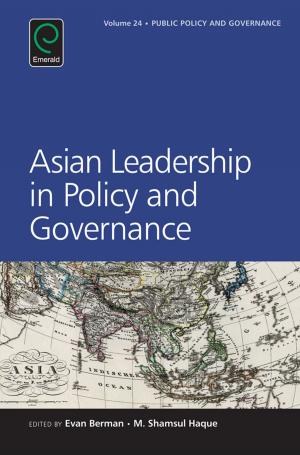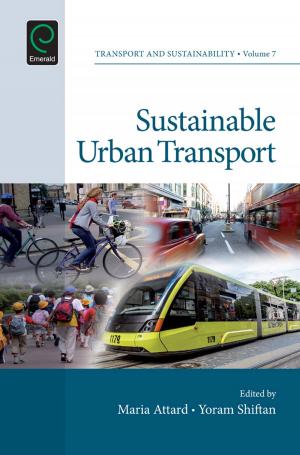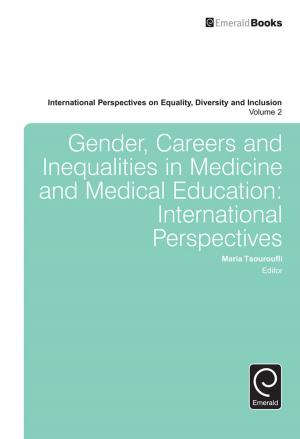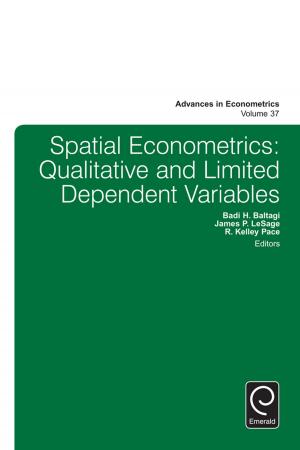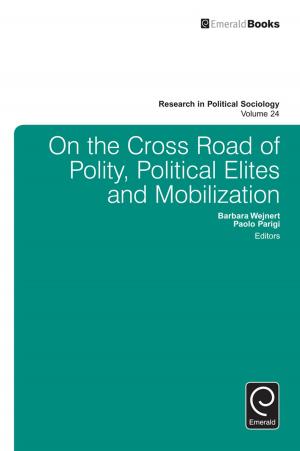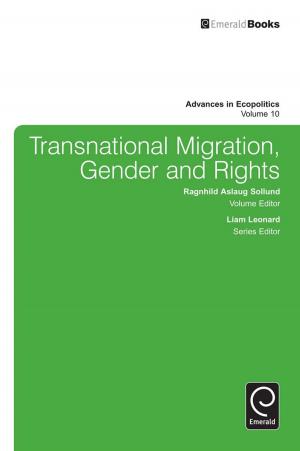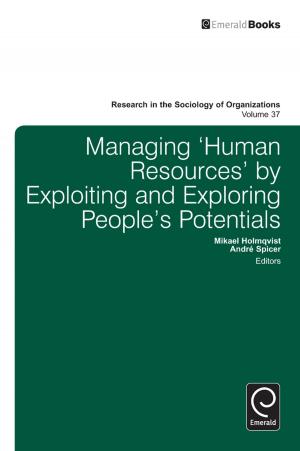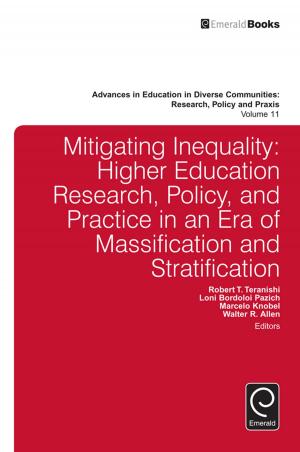Sustainability after Rio
Business & Finance, Economics, Sustainable Development, Business Reference, Business Ethics| Author: | Professor David Crowther, M. Azizul Islam | ISBN: | 9781785604447 |
| Publisher: | Emerald Group Publishing Limited | Publication: | December 14, 2015 |
| Imprint: | Emerald Group Publishing Limited | Language: | English |
| Author: | Professor David Crowther, M. Azizul Islam |
| ISBN: | 9781785604447 |
| Publisher: | Emerald Group Publishing Limited |
| Publication: | December 14, 2015 |
| Imprint: | Emerald Group Publishing Limited |
| Language: | English |
It is now 20 years since the United Nations Conference on Environment and Development, better known as the Earth Summit was held in Rio de Janeiro. An important achievement of the conference was an agreement on the Climate Change Convention which in turn led to the Kyoto Protocol. Another was agreement to 'not carry out any activities on the lands of indigenous peoples that would cause environmental degradation or that would be culturally inappropriate'. Recently we have seen an updated and revised conference in Rio where the same issues were again discussed. Since then ideas about sustainability have changed considerably and to some extent they have merged with ideas about corporate social responsibility and about governance, determined by the economic and political fortunes of the actors involved. It is now time therefore to re-examine the concept of sustainability in the aftermath of this conference and to consider what issues are now considered pertinent around the world. This book therefore takes different positions concerning different aspects of this vital topic.
It is now 20 years since the United Nations Conference on Environment and Development, better known as the Earth Summit was held in Rio de Janeiro. An important achievement of the conference was an agreement on the Climate Change Convention which in turn led to the Kyoto Protocol. Another was agreement to 'not carry out any activities on the lands of indigenous peoples that would cause environmental degradation or that would be culturally inappropriate'. Recently we have seen an updated and revised conference in Rio where the same issues were again discussed. Since then ideas about sustainability have changed considerably and to some extent they have merged with ideas about corporate social responsibility and about governance, determined by the economic and political fortunes of the actors involved. It is now time therefore to re-examine the concept of sustainability in the aftermath of this conference and to consider what issues are now considered pertinent around the world. This book therefore takes different positions concerning different aspects of this vital topic.
